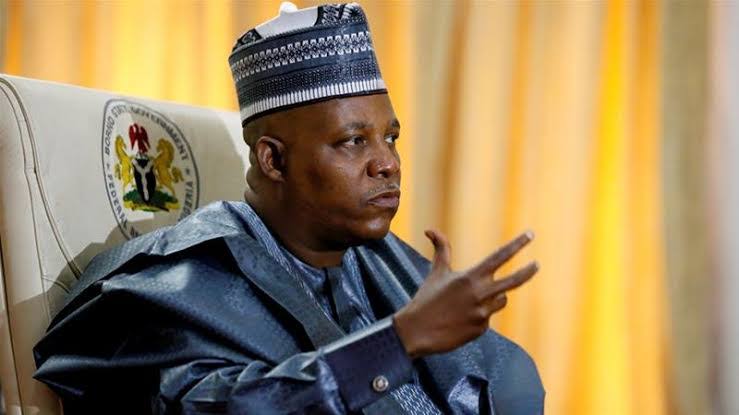Airline Taxes: Crushing Burden on Nigeria's Aviation Industr
The Chief Executive Officer of Aero Contractors, Capt. Ado Sanusi, has listed multiple taxation as the top difficulty airlines face in the country.
Sanusi, who said this over the weekend, lamented that the huge taxes faced by carriers are a significant contributing factor to airlines’ deaths.
He said, “The reason is that airlines are heavily taxed in this country. There’s multiple taxation because you’re not only talking about taxes; you’re talking about customs taxes, and you’re talking about CAC taxes. So many taxes that you pay apart from even the normal aviation taxes that you pay, stamp duty taxes – all those things contribute to this.”
The airline chief corroborated a statement by the International Air Transport Association recently that African airlines pay among the highest taxes in the world.
“I believe IATA said that because they took an average, and I’m very convinced that Nigeria contributed to the highest average of that average that they took,” IATA noted.
IATA’s Vice President for Africa and the Middle East, Kamil Al Awadhi, at a briefing at the recently concluded Annual General Meeting of the association in New Delhi, India, lamented that the cost of doing business in Africa is among the highest in the world, stressing that it is expensive to do business on the continent.
He stated that in some African countries, passengers pay more in taxes and fees than the base airfare itself, noting that a $100 ticket can carry $60–$70 in charges, pricing out travellers and hurting demand.
Al Awadhi in his statement added that African airlines face unique cost challenges, particularly high operational costs, which are significantly higher than the global average.
Taxes, fees, and charges, he reiterated, are 12-15 per cent higher than in other regions, with air navigation charges, which he said are 10 per cent higher, while maintenance, insurance, and the cost of capital, he noted, are 6-10 per cent more expensive.
“In terms of jet fuel (aviation fuel) within the continent, the continent’s airlines are already paying such a high premium. The cost of the product is two times, sometimes even five times, more than what airlines in Europe and the Middle East are paying for fuel, which puts them already at a disadvantage,” IATA revealed.
Additionally, Al Awadhi stressed that Africa’s aviation market faces challenges of access restrictions, limited competition, and limited capacity.
His words, “On protectionist policies, restrictive bilateral agreements limit competition, reducing route availability and keeping fares high. Most African airlines are small operators with limited fleet sizes and route networks, lacking economies of scale to lower costs and become more competitive.”










